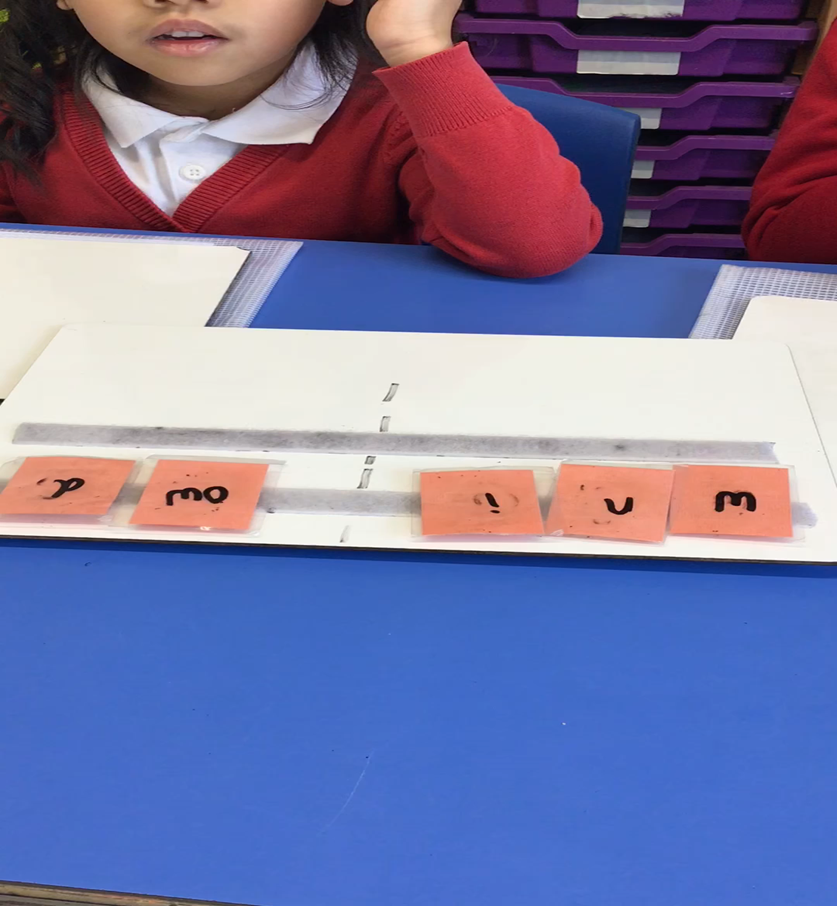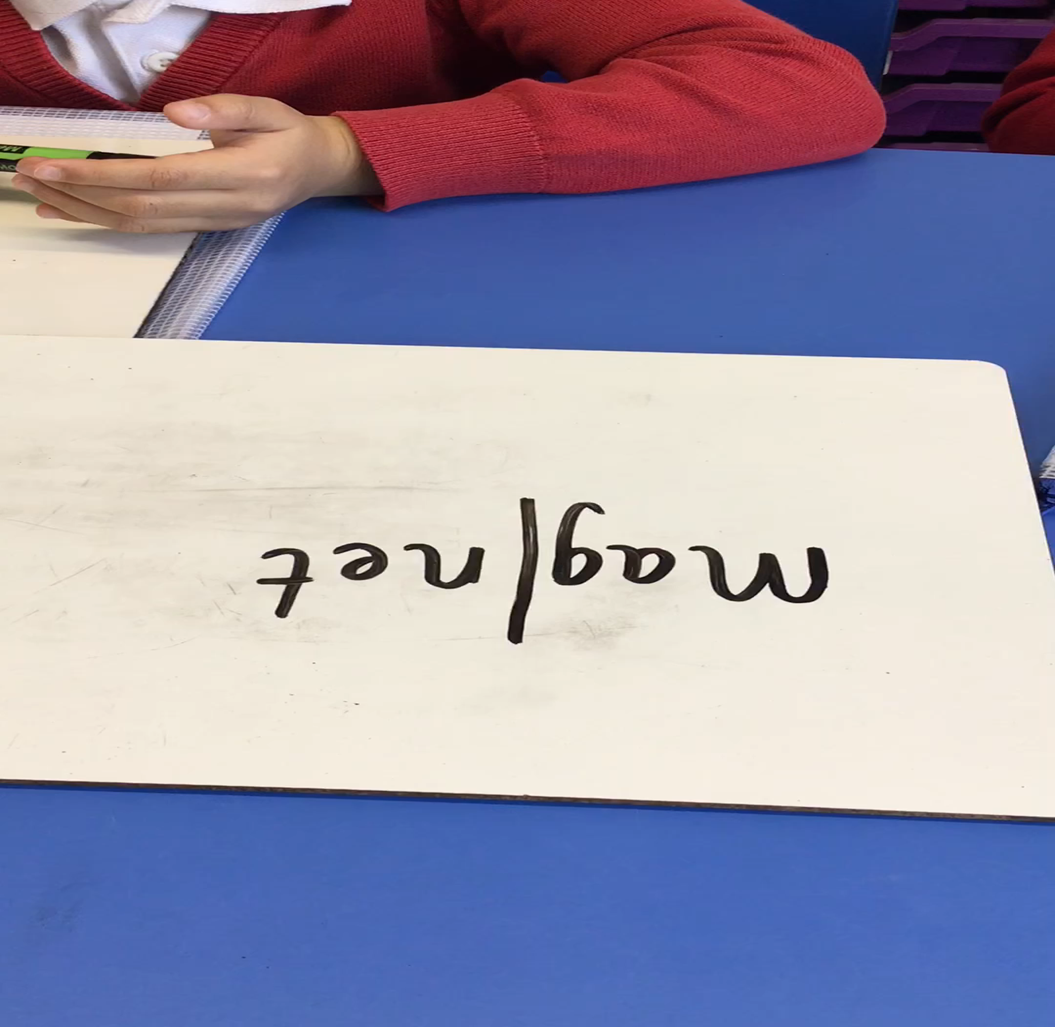Welcome to Wildridings Primary School!
English
At Wildridings Primary School, we recognise the importance of English as the foundation for lifelong success. It unites the essential skills of reading, writing, speaking, and listening, empowering children to communicate effectively and confidently.
We are committed to providing a rich and stimulating English curriculum that nurtures perseverance, collaboration, enjoyment and independence. Through engaging lessons and seeking opportunities for meaningful cross-curricular links, we ensure that every child is supported to develop the skills they need to help them to read fluently, write with purpose, and express themselves clearly. Our dedicated staff work diligently to support and challenge all pupils, enabling them to reach their full potential in English.
Please look at our policies page for more information regarding the teaching and learning of English at Wildridings.
Phonics and Spelling
At Wildridings we follow the Sounds~Write Phonics Programme from EYFS –Y6. This multisensory approach encourages pupils to listen, speak, read and write. Spelling is explicitly taught using the Sounds~Write approach to teach spelling strategies linked to year group statutory guidance and to develop curriculum vocabulary.
Reading
At Wildridings, we want children to enjoy reading and develop a lifelong love of books. Our in-class activities reflect this, with staff promoting reading for pleasure through engaging class texts. Reading is a priority, as it underpins access to our curriculum and supports children’s overall learning.
Writing
At Wildridings Primary School, our staff use research-informed principles to support and to develop our children into young writers. We often engage pupils with a ‘hook’ to spark curiosity and motivation, making writing an exciting and meaningful experience with purpose and audience in mind.
In EYFS and Key Stage 1, our focus is on building strong foundations, ensuring pupils develop essential early literacy skills. This approach equips them with the confidence and ability to thrive as they progress into Key Stage 2.
Handwriting
At Wildridings, we recognise handwriting needs to be automatic in order to support composition. To achieve this, the School has chosen the evidence-informed programme, Kinetic Letters. This programme builds the cognitive and physical skills needed for handwriting. This programme enables our children to develop legible handwriting that is produced quickly and automatically.
The programme has four threads.
-
- Making bodies stronger
- Holding the pencil (for speed, comfort and legibility)
- Learning the letters
- Flow and Fluency
Building polysyllabic words

Reading polysyllabic words

Sounds-Write Resources for Parents:
-
Sounds-Write Official Website
The official Sounds-Write website offers detailed information about the program, its philosophy, and how it is implemented in schools. Although the main site is for schools and educators, parents can find useful explanations about the Sounds-Write approach and links to resources. -
Sounds-Write Parents' Guide
This page on the official website provides downloadable parent guides that explain how the program works, how parents can support their child’s phonics development at home, and the key terminology used in Sounds-Write. This is an excellent starting point for parents who want to understand how phonics is taught and how they can help reinforce learning at home. -
Sounds-Write Phonics Videos (YouTube)
The Sounds-Write YouTube channel offers a range of videos demonstrating how phonics is taught using the Sounds-Write program. Parents can watch videos that explain phonics techniques and provide insights into how they can support their children’s reading at home. -
Phonics Play
While not directly part of the Sounds-Write program, Phonics Play is an excellent supplementary resource for parents. It aligns with the phonics teaching approach and offers interactive games that help children practice phonics, blending, and segmenting. Many of the games are free, and the paid version offers more advanced content. The games and activities complement the Sounds-Write approach
Summary
To support children using the Sounds-Write phonics program, parents can refer to the Sounds-Write Parent Guide and video tutorials from the official site. Phonics Play offers interactive resources that complement Sounds-Write, while the Literacy Trust and Phonics Blog provide general phonics support for parents. These resources will help parents confidently support their child’s phonics development at home, reinforcing key concepts taught in school.
General Literacy Resources for All Ages
-
Storynory
Although this site is suitable for younger children, the range of stories offered can also be enjoyed by older children who are developing their listening and comprehension skills. -
Oxford Owl
This site has resources for children across a wide range of ages, from EYFS to Key Stage 2, including free eBooks and phonics support, as well as activities for reinforcing reading skills.
Recommended Reads Sorted By Year Groups - Books For Topics
Here are some examples of recommended books for your child. Click on your child's year group to see which books they could be reading.
